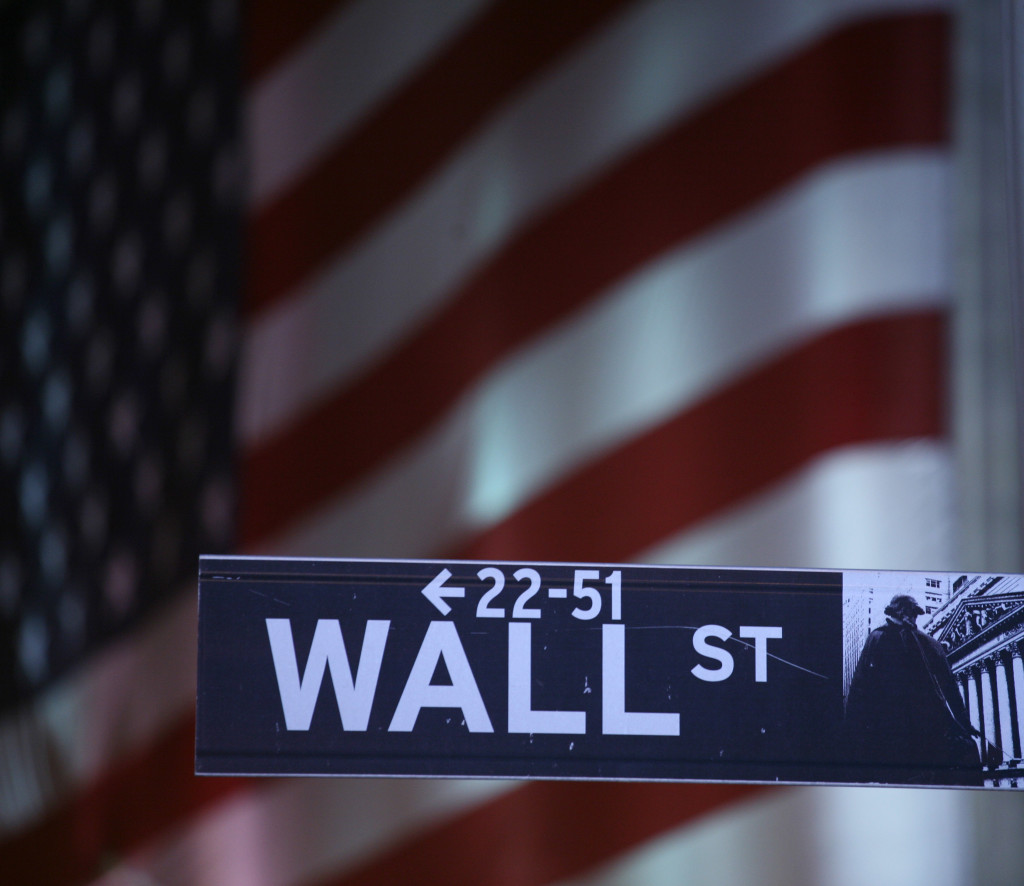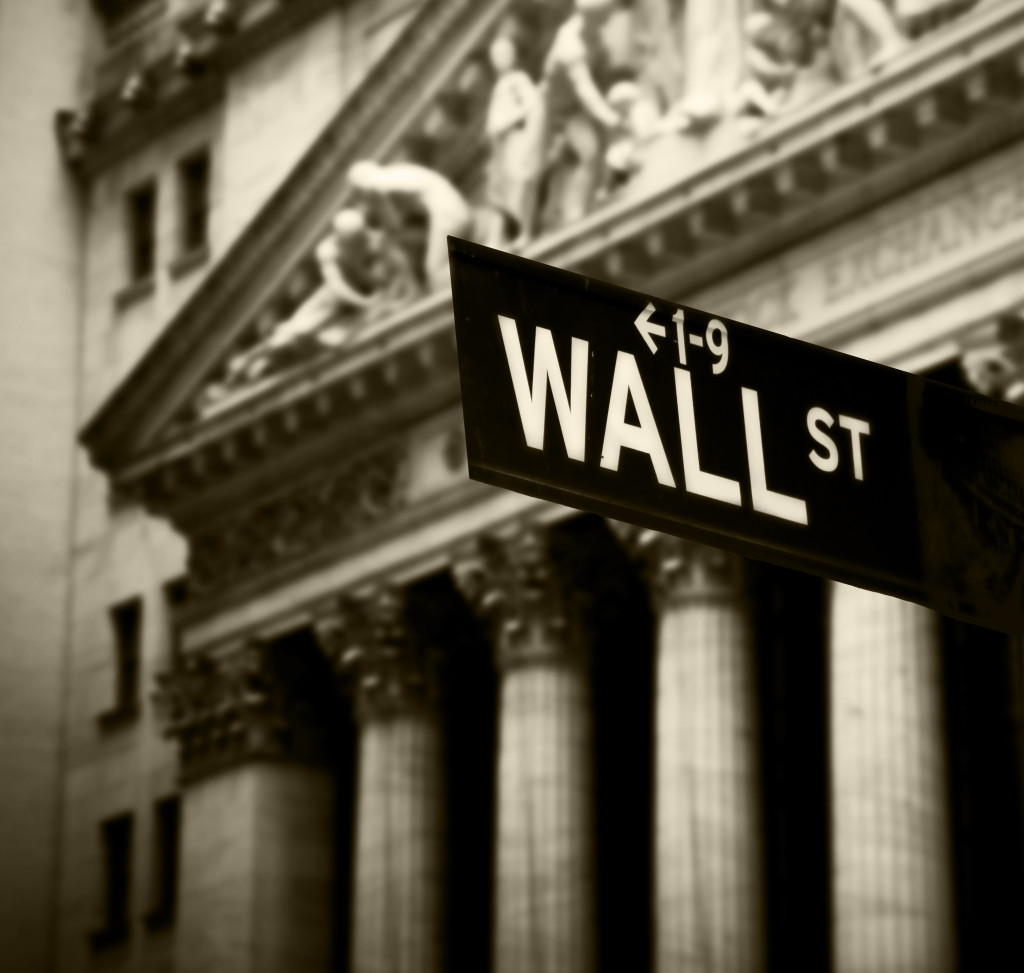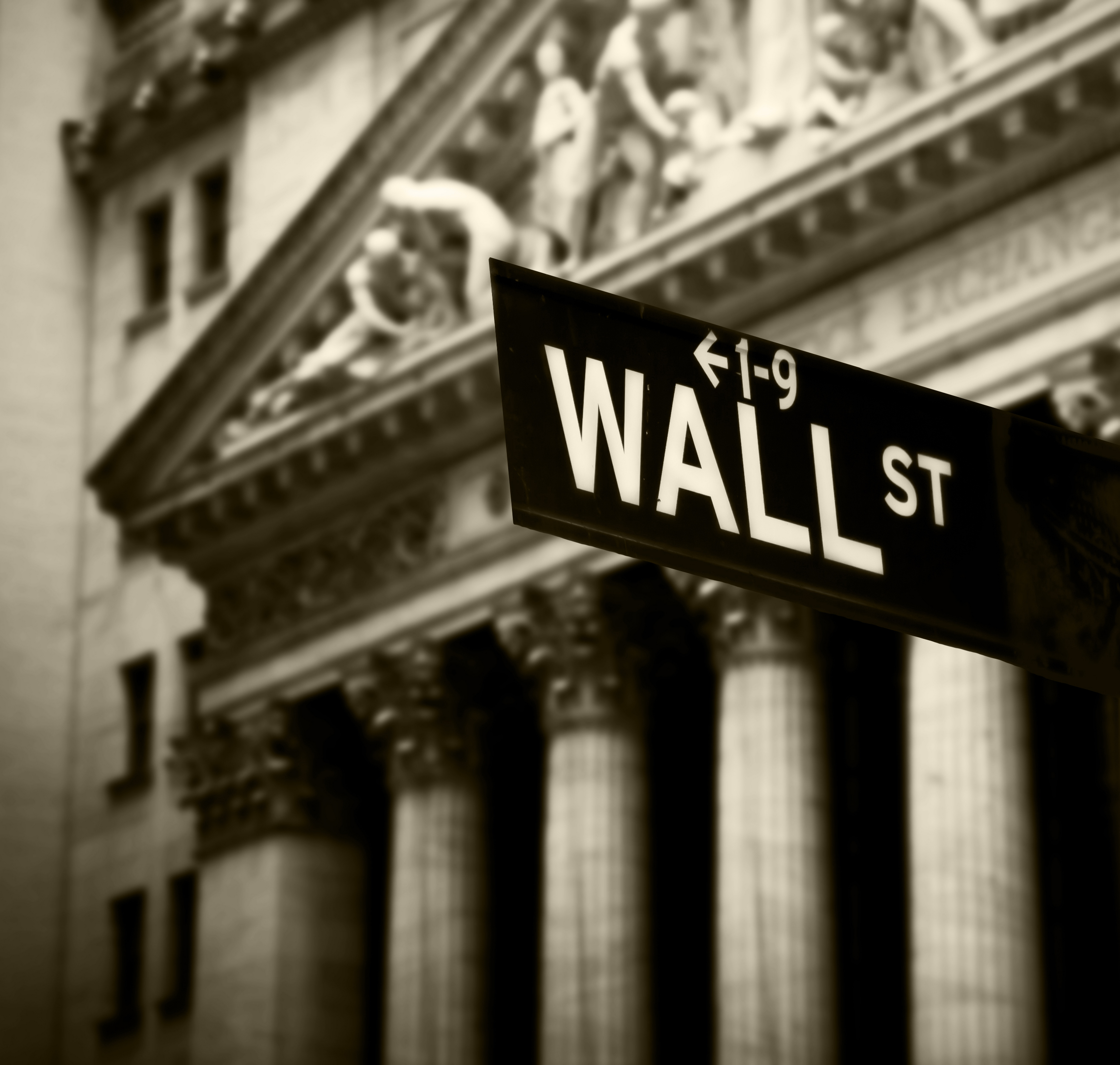Financial Regulators Turn Their Focus To Non-Banks

June 4, 2013
Share
Until yesterday only banks had been deemed to pose a “systemic risk” to the economy. But on Monday, U.S. regulators branched out, classifying for the first time three non-banks as systemically important financial institutions fit for tougher government oversight.
AIG, the insurance giant that required a $182 billion rescue during the financial crisis; GE Capital, the $530 billion financing arm of GE; and Prudential Financial, the second-largest U.S. life insurer, each acknowledged yesterday that authorities have notified them about the proposed designation.
At its most basic level, the decision will open up the three institutions to extra policing by the Federal Reserve. That’s a good thing, says Douglas Elliott of the Brookings Institution, but it also raises important questions about how best to regulate non-banks. The Fed, he notes, has little experience overseeing such institutions, especially insurers. Chairman Ben Bernanke’s job will be to find a way to work with existing regulators, while at the same time being careful not to show them “insufficient deference.”
Beyond increased scrutiny from the Fed, systemically important firms could be subject to tougher capital and liquidity requirements, along with annual stress tests and limits on executive compensation. They will also be required to draw up living wills that detail how they can be safely wound down under the bankruptcy code if they near insolvency.
Supporters of financial reform cheered Monday’s decision by the Financial Stability Oversight Council (FSOC). Sheila Bair, the former chair of the Federal Deposit Insurance Corp. told The Wall Street Journal that the move “brings some major entities in the shadow [banking] sector under prudential supervision.”
Others said such labels only exacerbate the problem of “too big to fail.”
“Designating any company as ‘too big to fail’ is bad policy and even worse economics,” Jeb Hensarling (R-Texas), chairman of the House Financial Services Committee, said in a statement. “It also becomes a self-fulfilling prophecy by giving these firms market advantages over their competitors, helping to make them even bigger and riskier than they otherwise would be.”
If approved, AIG, GE Capital and Prudential would join the roughly 35 U.S. banks with more than $50 billion in assets already designated as systemically important. Additionally, regulators have given the label to eight so-called financial market utilities, such as the Chicago Mercantile Exchange, that work to settle and clear payments for major Wall Street firms.
AIG, GE Capital and Prudential will have 30 days to decide whether to appeal the designation, plus an additional 30 days to contest it in a hearing. From there, regulators will have 60 days to make a final determination. The question each firm will have to ask itself, says The Financial Times, is whether the added scrutiny that comes with the systemically important label represents a “badge of honor” or a “scarlet letter.”

Related Documentaries
Latest Documentaries
Related Stories
Related Stories
Explore
Policies
Teacher Center
Funding for FRONTLINE is provided through the support of PBS viewers and by the Corporation for Public Broadcasting, with major support from Ford Foundation. Additional funding is provided the Abrams Foundation, Park Foundation, John D. and Catherine T. MacArthur Foundation, Heising-Simons Foundation, and the FRONTLINE Trust, with major support from Jon and Jo Ann Hagler on behalf of the Jon L. Hagler Foundation, and additional support from Koo and Patricia Yuen. FRONTLINE is a registered trademark of WGBH Educational Foundation. Web Site Copyright ©1995-2025 WGBH Educational Foundation. PBS is a 501(c)(3) not-for-profit organization.





















